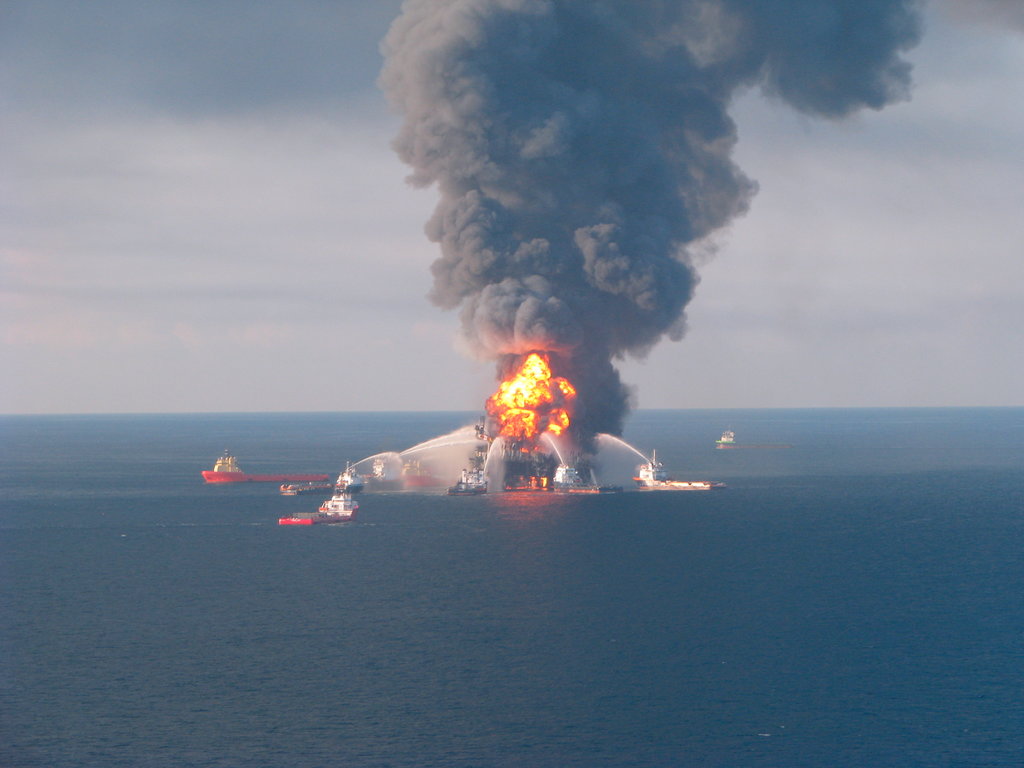


17 February, 2023
It’s a confusing time to be a good business.
The UK government announces that decarbonisation offers a “historic opportunity” – weeks after approving the first new coal mine in 30 years. The world’s largest investor warns company directors it will vote against their re-election if they don’t address climate change – and yet that same investor derives much of its wealth from petroleum sales. A world-first lawsuit is filed against Shell’s Board of Directors for failing to manage climate risk, the same week that Shell announced its highest profits in a century.
These mixed signals are allowing the biggest emitters to backtrack on crucial commitments. BP has already announced it is watering down its 2030 emissions targets from a 35-40% reduction to just 20-30%, because of the increased demand for oil and gas following the Ukraine invasion. Yet the IPCC couldn’t be clearer: limiting warming to 1.5°C requires global greenhouse gas emissions to peak before 2025 at the latest, and to reduce by 43% by 2030. BP’s previous targets weren’t ambitious enough; now, this diluted version falls far short of what is needed. What’s more, a 2022 analysis found that by implementing existing energy saving recommendations, the UK could eliminate the need to replace Russian oil and gas as early as next year.
Expecting fossil fuel companies to ‘do the right thing’ for the sake of it is misguided. Even amidst soaring demand for clean, cheap renewables, BP invests just 2.5% of its record profits into renewables and low-carbon energy. These businesses are responding to (and lobbying for) a financial, regulatory and social environment that still permits dangerous levels of fossil fuel investment expansion. Investors must stick to their guns and send a message that soon-to-be extinct technologies do not represent a sound investment. In fact, analysis from The Economist suggests that the war has given renewable energy a significant “strategic and economic edge” over higher carbon alternatives. And governments must send a clear signal that they are committed to a clean, green future – from removing the blockers to onshore wind to supporting energy-saving measures in homes and businesses.
This is a critical decade for climate action. We cannot allow mixed messages to lead to mixed results.
By Sarah Howden